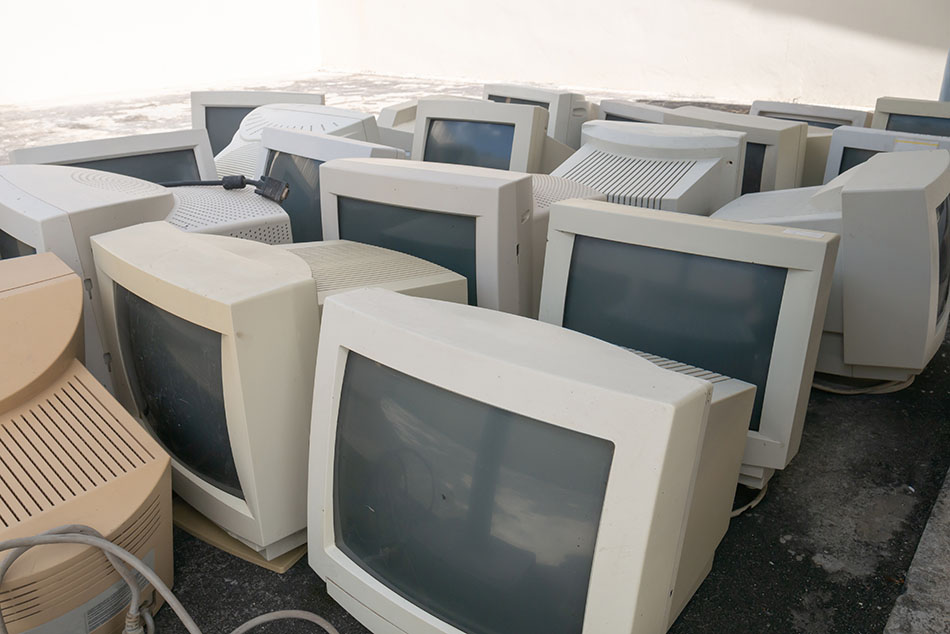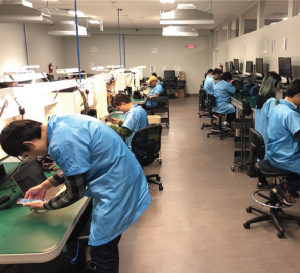
Managing e-scrap is a growing challenge and opportunity in Asia. | weedezign/Shutterstock
A business acquisition will bring British technology for extracting valuable e-scrap metals to the Asian market.
 Associate Editor Jared Paben has worked for Resource Recycling since December 2014. Most of his earlier career was spent as a reporter for the daily newspaper in Bellingham, Wash., but he also has experience working for the Oregon volunteerism commission and for Oregon nonprofits serving low-income populations. He can be contacted at [email protected].
Associate Editor Jared Paben has worked for Resource Recycling since December 2014. Most of his earlier career was spent as a reporter for the daily newspaper in Bellingham, Wash., but he also has experience working for the Oregon volunteerism commission and for Oregon nonprofits serving low-income populations. He can be contacted at [email protected].
Managing e-scrap is a growing challenge and opportunity in Asia. | weedezign/Shutterstock
A business acquisition will bring British technology for extracting valuable e-scrap metals to the Asian market.

The rulemaking would have allowed exports of tested and working devices. | Alexey Lesik/Shutterstock
The U.S. Department of Commerce has decided not to pursue regulations restricting some e-scrap exports, according to the Institute of Scrap Recycling Industries (ISRI).

A number of e-scrap companies are defending themselves in court. | xfilephotos/Shutterstock
This article has been corrected.
A dozen e-scrap companies will cut checks totalling $517,000 to settle allegations they’re partially responsible for abandoned CRT materials in Ohio. Meanwhile, 15 other processors appear set to duke it out with landowners in court.

A legal dispute in California centers on the state’s change in how it collects disposal and diversion rate data. | Esin Deniz/Shutterstock
The Institute of Scrap Recycling Industries has won a court order temporarily shielding its scrap metal recycling members from having to relay their tonnage data to California regulators.

A number of e-scrap-related items were addressed in Dell’s 2019 sustainability report. | Courtesy of Dell
A global OEM says it has achieved its 2020 electronics recycling and recycled feedstock goals. The company also adopted e-scrap tracking as a permanent part of its recycling vendor auditing program.
 Strategic Business Group (SBG) Distribution could be thought of as a first line of defense against waste. The company’s technicians test and repair mobile devices and their components, delaying a date with the shredder for a substantial number of assets.
Strategic Business Group (SBG) Distribution could be thought of as a first line of defense against waste. The company’s technicians test and repair mobile devices and their components, delaying a date with the shredder for a substantial number of assets.

A global OEM is calling on European governments to prioritize sustainability when they purchase electronics.

California regulators plan to lower the fees consumers pay to fund electronics recycling. The issue? The state is accumulating too much money.

In new court filings seeking cleanup funds, two warehouse owners have named over 40 e-scrap companies they say contributed to what became the largest CRT glass stockpile in U.S. history. The landlords invoke Superfund law in their suits.

